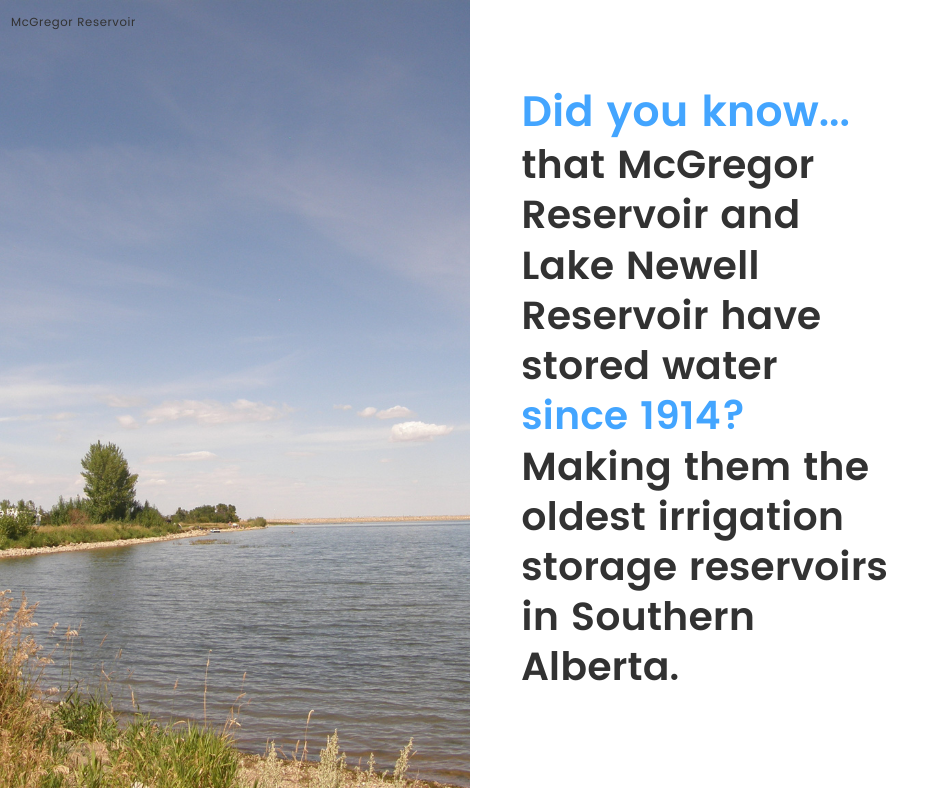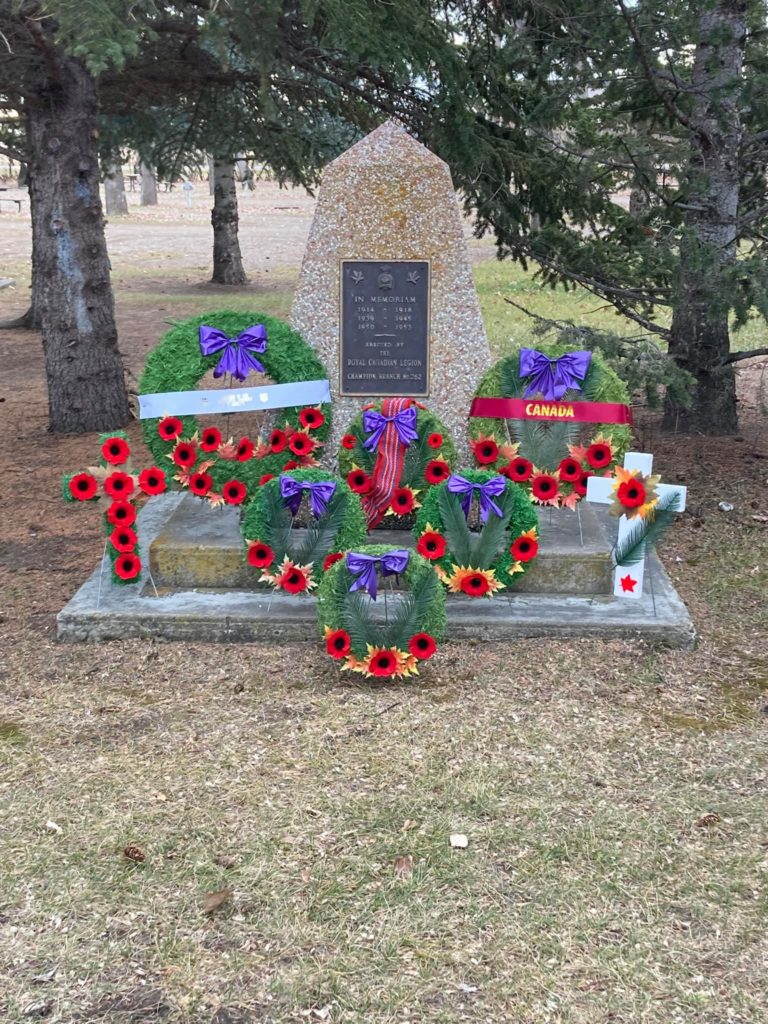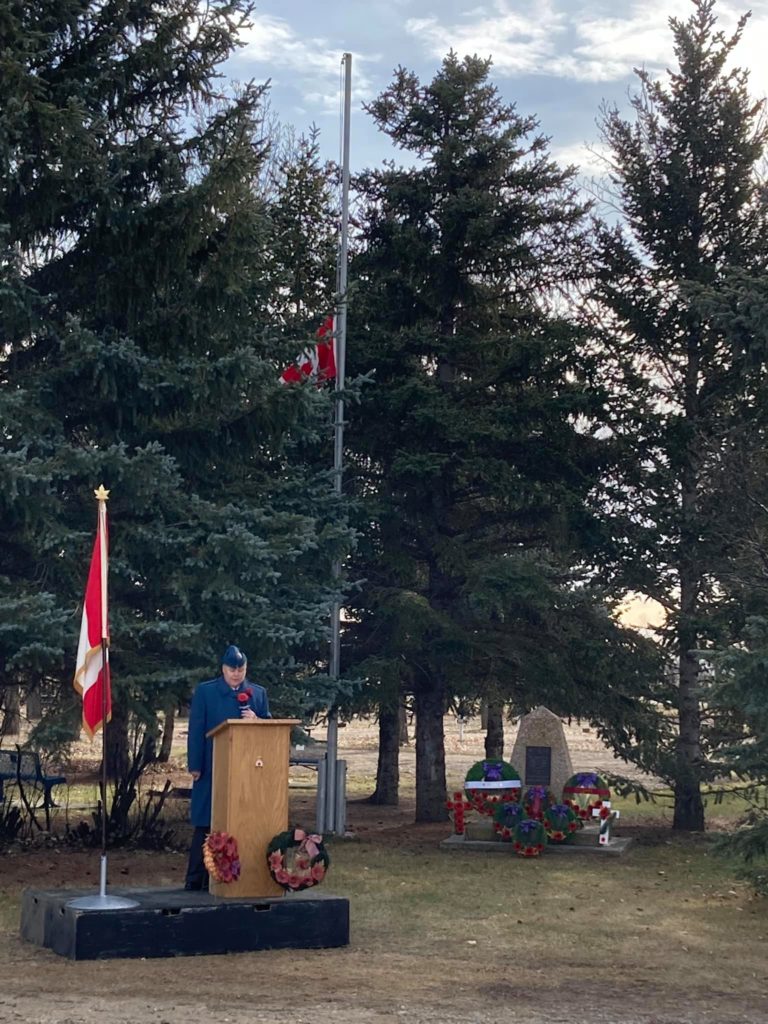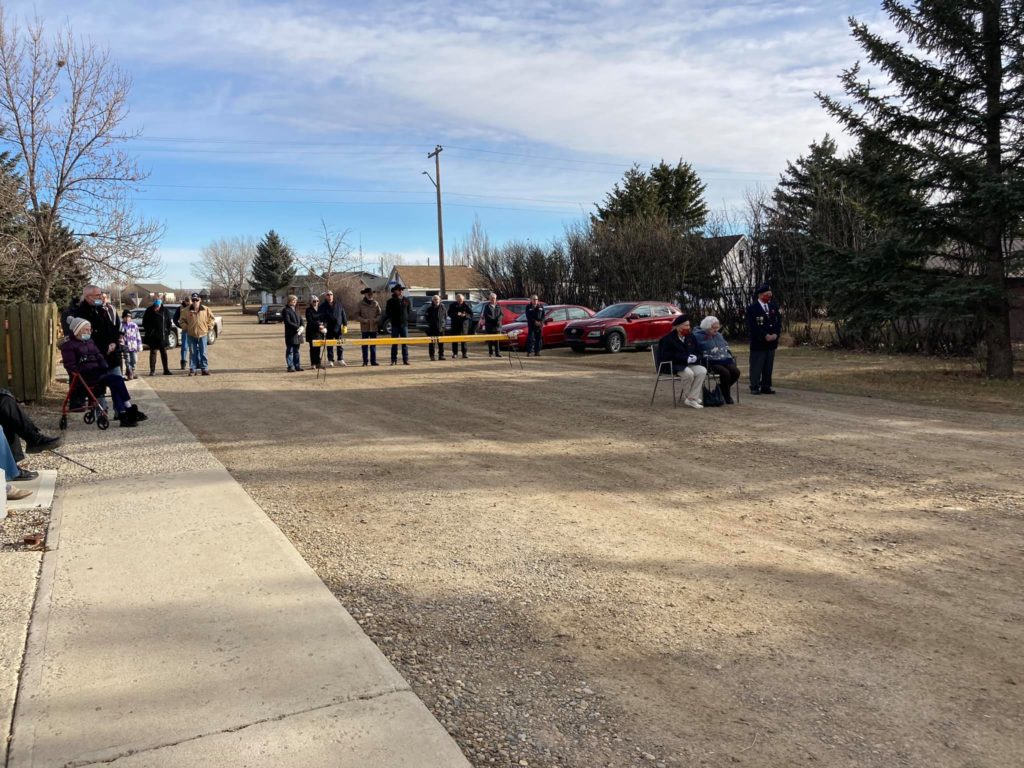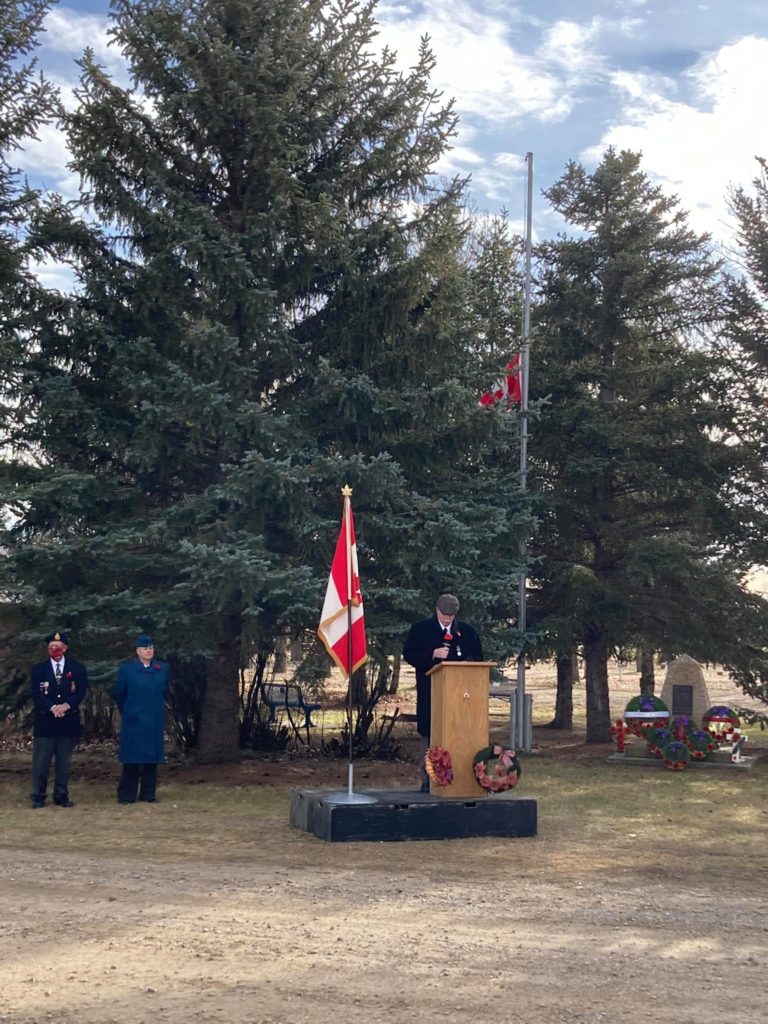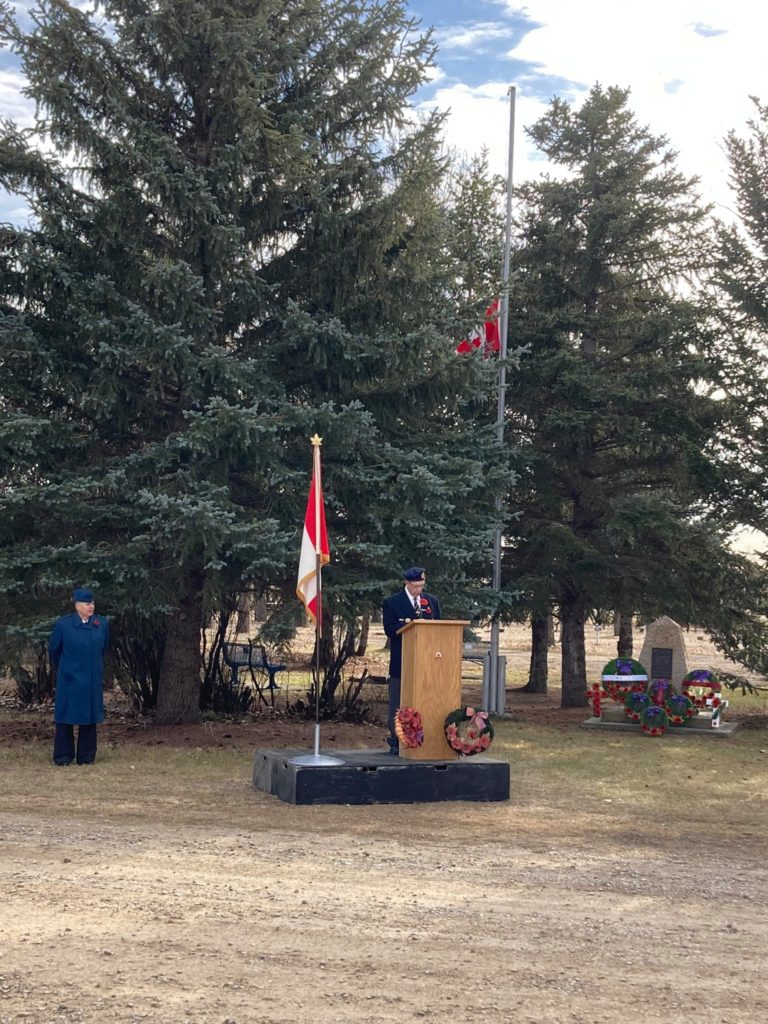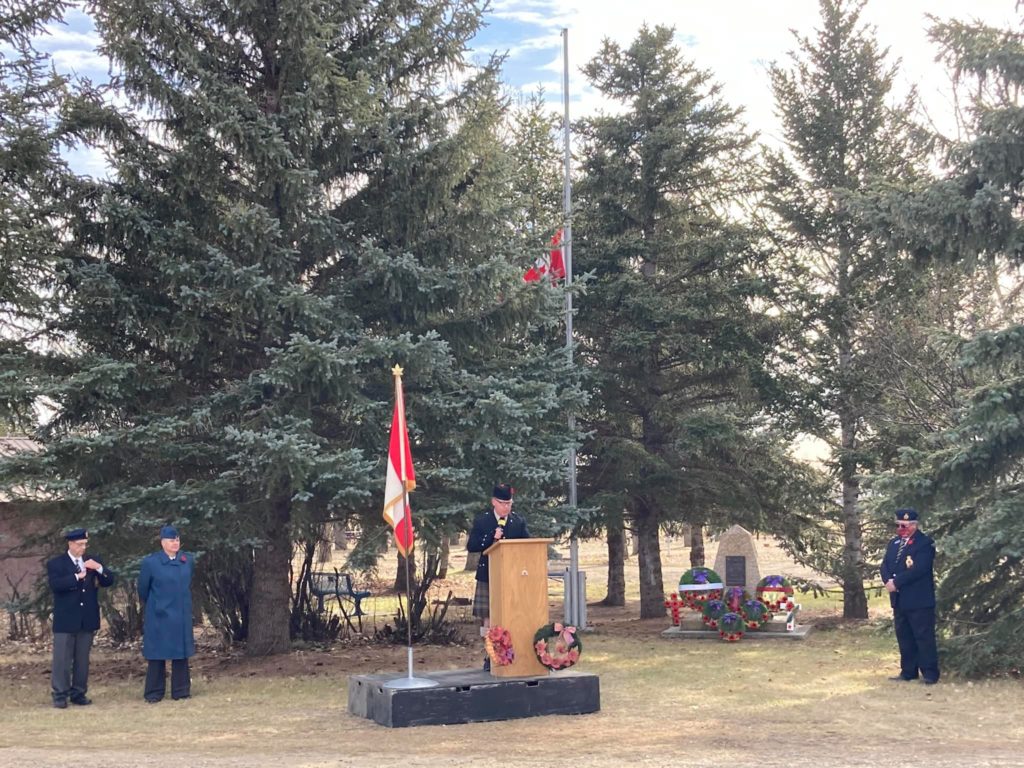McGregor Lake Reservoir is one of the oldest in southern Alberta
According to the Alberta Districts Irrigation Association, McGregor Reservoir and Lake Newell Reservoir have stored water since 1914. This makes them the oldest irrigation storage reservoirs in southern Alberta!
McGregor Lake Reservoir, like other irrigation reservoirs, provides Vulcan County with water for economic development, be it agriculture or recreation. It is a tremendous asset to have in our back yard.
